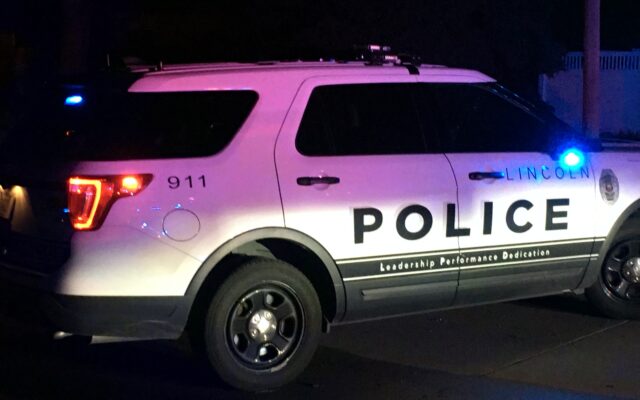Group Wants Stepped Up Housing Inspections
April 17, 2019 5:08PM CDT

Residents of a half-dozen historic Lincoln neighborhoods say they enjoy the quality of life in their communities, have a firm sense of place and access to educational opportunities. At the same time, however, many want better , more affordable housing, reliable transportation and steady employment prospects.
Collective Impact Lincoln released its 2018 Report, with data from two years of canvassing and community listening sessions. The findings are expected to result in a request to the City Council for an ordinance requiring mandatory annual inspections of rental housing.
“We’d love to see pro-active, universal interior inspections being adopted by the Building and Safety Department at some point” said Amanda Barker, a spokesperson for the group. She said the current system, in which inspections are done only in response to complaints, is not satisfactory. “A lot of residents don’t understand their rights, and some fear retaliation from their landlords in the form of rent increases.”
The group hopes to ask for Council consideration of changes yet this spring. “We want to see that people who are paying their rent, and especially if they’re rent burdened, they’re working really hard to make ends meet, that they’re not being forced to live in sub-standard conditions.” Making sure that rental units don’t have mold or bugs is a big need, she said.
Since its inception in 2017, Collective Impact Lincoln has focused on six city neighborhoods – Belmont, Clinton, Everett, Hartley, Near South and University Place.
Employment and jobs also emerged as a regular topic during the canvassing. Residents shared information about their current job situations and how employment impacts their lives. Thirty-nine percent said their situation was good or very good, with 16 percent responding less positively.
Regarding transportation, 35 percent of respondents said they were able to get around the city very well, with 19 percent saying less so. While access to bike paths and the city’s bus system were often mentioned, common concerns emerged about increases in traffic.
The report also highlights residents’ thoughts on other issues. Topics that stood out included:
– Confidence in institutions. Residents’ feelings about how schools, the city, churches, or other institutions address their needs were generally positive, with 30 percent answering “excellent” or “Very good.” Twenty-three percent were less confident, with 3 percent answering “very poor.”
– Comfort with newcomers. Residents were asked if they are comfortable having a conversation with newcomers in their neighborhood. Forty-one percent said “very comfortable” or “comfortable,” while 19 percent were less so, with 4 percent being “very uncomfortable.”
– Making community connections. Residents were asked if there were communities to which they felt connected, either in or outside of their neighborhoods. Thirteen percent said “none,” 8 percent said friend groups; 8 percent said church groups; 7 percent said “schools.”
Related Reading: Lincoln Selected For Skilled Immigrant And Refugee Initiative







